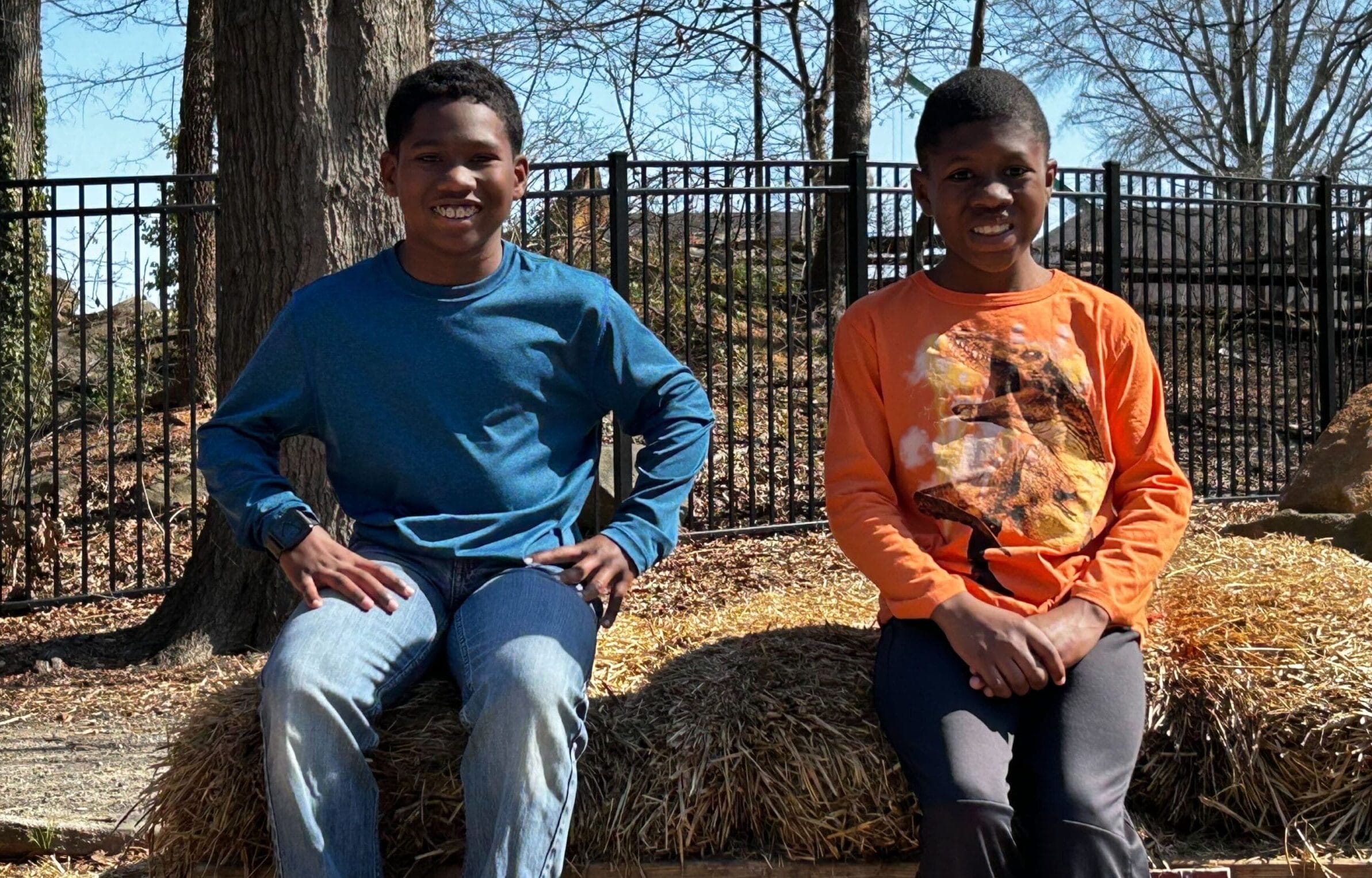There’s so much more to transthyretin amyloid cardiomyopathy (ATTR-CM) than meets the eye. While we often focus on the physical symptoms, the emotional and mental challenges are equally significant yet seldom discussed, leaving many feeling isolated. How do you open up to a friend when they ask how you’re doing, and you feel compelled to say, “Well, I’m dying and having a tough time today”? A true friend should be there for you, but how often do we truly share our burdens? I usually keep it all inside until I can’t hold it anymore.
Raising teenagers is already a daunting task, but doing so with a terminal illness adds a whole new layer of complexity that can feel overwhelming. I am incredibly grateful to be the mother of my two boys, who are as different as night and day, each facing unique challenges.
Raising teens who will see too much too soon
Jacob, the younger of the two, is still a child at heart. His innocence shields his heart, but I need him to continue growing towards maturity. As I guide him, I often question if I’m doing enough. What will happen when I’m no longer here? How will he cope? I’m caught in a constant internal struggle, worrying that I might be pushing him too hard or not creating enough memories with him. Focusing on his future sometimes makes me forget to cherish the present moments. This internal battle is something I face daily as I raise them.
On the other hand, there’s 15-year-old Bradley. This age is challenging for any teenager. Hormones are raging, and he’s caught between being a child and becoming an adult. Being older and more mature, he’s highly observant; it’s impossible to hide anything from him as he always watches and listens. Being at this age comes with many challenges, and I’m faced with the same questions: am I doing enough? What lasting memories do I want him to have? What words or advice do I want to stick with him?
When asked how I am in front of my kids, I always respond, “I’m okay.” I say this because they already witness more than they need to. They are aware of the struggles: the mother who struggles with basic tasks, the one whose legs ache so much that she sits on the sofa crying, the one who struggles to breathe due to her heart condition and fluid buildup. I pray they also see the mother who doesn’t give up, loves Jesus, serves Him wholeheartedly, and will always fight for them and their father relentlessly. They see it all — they absorb too much, which weighs heavily on their hearts and mine.
Living with the emotional toll
Due to his age and perspective, Jacob can’t honestly envision a life without me. In contrast, Bradley is acutely aware of what that would entail, and the thought angers him. My heart aches for him because I can empathize. When I was older, I witnessed my father’s decline from health to complete bed-boundness. I understand the emotions associated with watching a loved one’s health deteriorate and feeling utterly powerless.
I’ve attempted to discuss these feelings with Bradley, but he becomes overwhelmed and often shuts down. Last week was particularly challenging for me, and when he started crying, he expressed his deep-seated anger at God for possibly taking me away soon. I tried to converse with him, but he closed himself off. I feel immense sympathy for him — he is angry at God for this illness, and that breaks my heart.
I’ve always said that while we acknowledge our eventual mortality, no one truly contemplates it — except for me. When I discipline them, I am reminded of the time missed; when I raise my voice, I wonder if those might be the last words they hear from me. Yet, I find solace in the promise of heaven and the hope that I will reunite with them one day.
Until then, we keep marching on! I continue to write them letters for after I’m gone, serve as their mother, and actively educate the community about ATTR-CM whenever possible. I firmly believe my face should be recognized when ATTR-CM is mentioned, as I do not conform to societal norms. Without my father’s research and demand for testing to find out what was wrong with him, I doubt that I would have received a proper diagnosis at this stage, and all the precious memories we’ve created would be lost forever simply because ATTR-CM is not discussed enough. We must change that, and until it becomes a collective issue, I will fight for change. I will continue to advocate for more time and a cure!
Sign up here to get the latest news, perspectives, and information about ATTR-CM sent directly to your inbox. Registration is free and only takes a minute.


